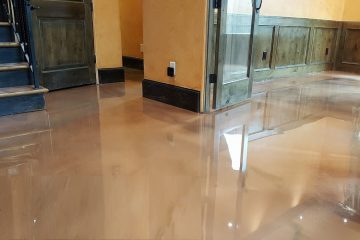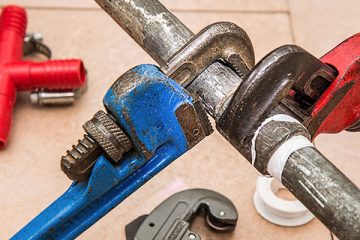At the time of writing, the worldwide market for solar systems that generate electricity is over 270 billion AUD. For us here in Australia we can take particular pride in knowing that no other country in the world has a greater percentage uptake of domestic solar systems with over 30% of residences already having had the good sense to have either solar panels and/or EV charges installed.
If you have not yet joined the many Australian homeowners who already benefit from solar energy, but you wish to, then please keep reading as we are going to outline in some detail the best ways for you to choose a solar energy system for your home.
Seek Recommendations And Reviews
Start your search by asking for recommendations from your friends and family because, as we have already mentioned, around a third of those you know are likely to have migrated to using solar power. They can provide you with feedback on the benefits and drawbacks of the various systems they all have and identify solar panel companies they recommend. This way, you can avoid solar energy systems that are unlikely to meet your requirements.
In addition to seeking recommendations from those you know, you can also research online. Review websites such as Trustpilot and the websites of local solar panel companies will provide lots of information and feedback. Only consider solar panel systems and installation companies with multiple positive reviews.
Consider The Various Types Of Solar Systems
Solar panels fall into three main categories, each with specific pros and cons. Understanding each type is crucial to you making the right choice so here are the main types to consider.
- Monocrystalline Panels
These panels consist of black solar cells made of whole silicone crystals. They are the most efficient but also the most expensive. Monocrystalline panels are the ideal choice if you have a large solar system budget and also if you have limited space available for solar panel installation because they produce more energy per square foot than the alternatives.
- Polycrystalline Panels
Unlike monocrystalline panels, polycrystalline panels have a bluish hue. Manufacturers also use silicon in their production where instead of using whole crystals, they melt silicone pieces together to create the cells. This makes them less efficient than the monocrystalline panels but on the plus side, they are cheaper, making them a great choice if you are working with a limited budget or your energy requirements are lower than average.
- Thin-Film Solar Panels
These solar panels differ from the previous two in their material composition which uses more than just silicon. The panels include silicon and copper indium gallium selenide or cadmium telluride. The colour of thin-film panels can be black or blue, depending on the materials used. As they are easier to manufacture than the others they are the cheapest option of the three.
Consider Solar Panel Suitability For Your Local Climate
The different types of solar panels we have just described are suited to a variety of prevailing conditions. Monocrystalline and polycrystalline panels are most effective under bright and cool conditions. However, thin-film panels are better suited for high-temperature areas. Also, thin-film panels are effective under partial shading, unlike their counterparts.
Off-Grid Vs On-Grid
Another choice you need to make is whether you wish your solar energy system to integrate or not with your local electricity supply grid. You have two primary options as described below.
- Off-Grid System
This system is popular in areas without a regular or reliable power supply. It is also an excellent choice if you wish to disconnect completely from your local electricity grid and rely solely on solar power. Since you will have no access to a conventional electricity supply, you will require solar batteries to ensure continuous electricity is available from your solar system.
- On-Grid System
This system allows you to keep a connection to your local conventional power system. You do not need solar power batteries if you remain on-grid, but they can still be desirable, for example, should there ever be a power outage at night. Installing an on-grid system is usually cheaper than an off-grid system, so it is often the choice when the available budget is limited.
Consider The Cost
Cost is a significant factor to consider when buying solar panel systems but you will be pleased to learn that the trend has been downwards for some time. Comparing costs from just 10 years ago until today, the cost of solar panels has dropped by over 50%. Also, consider that over time your solar system will be saving you a considerable amount on electric bills and therefore your upfront amount should be seen as an investment rather than a cost.


